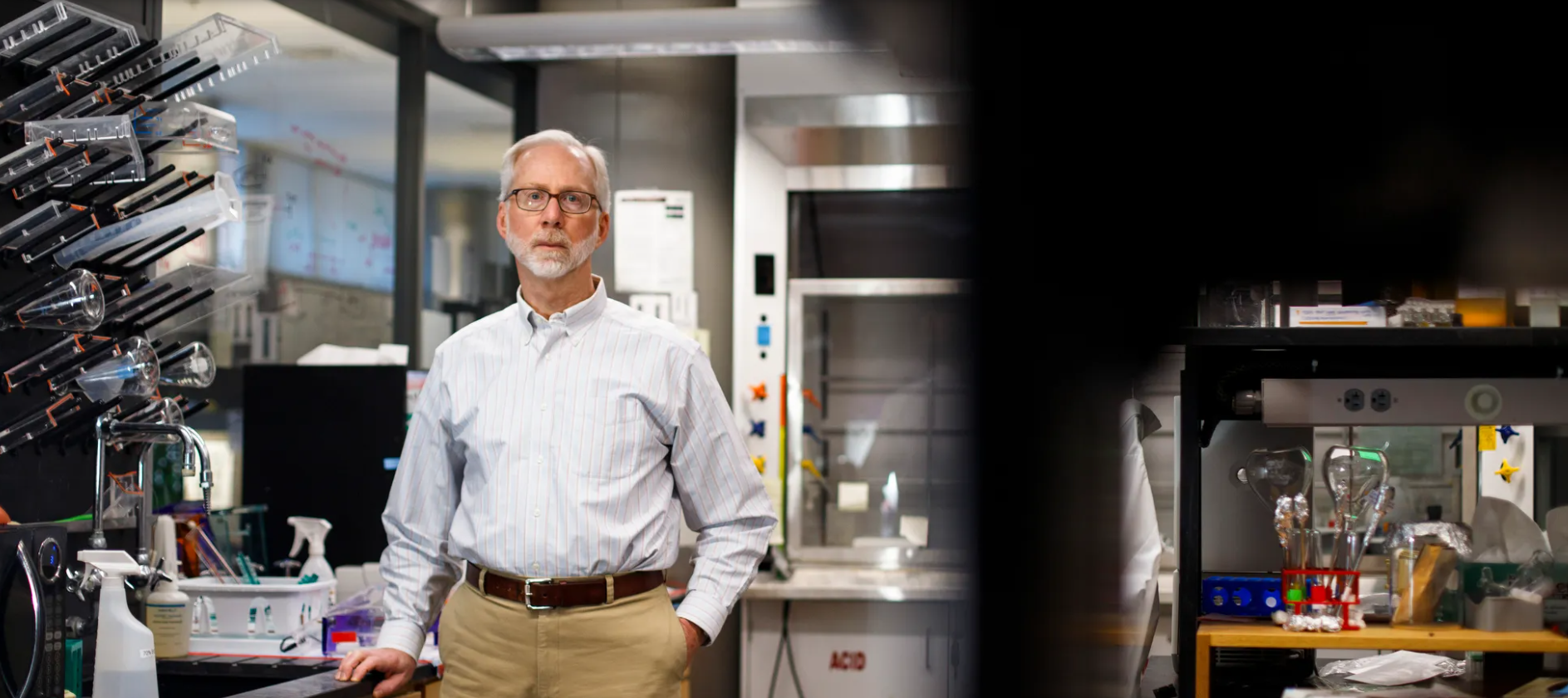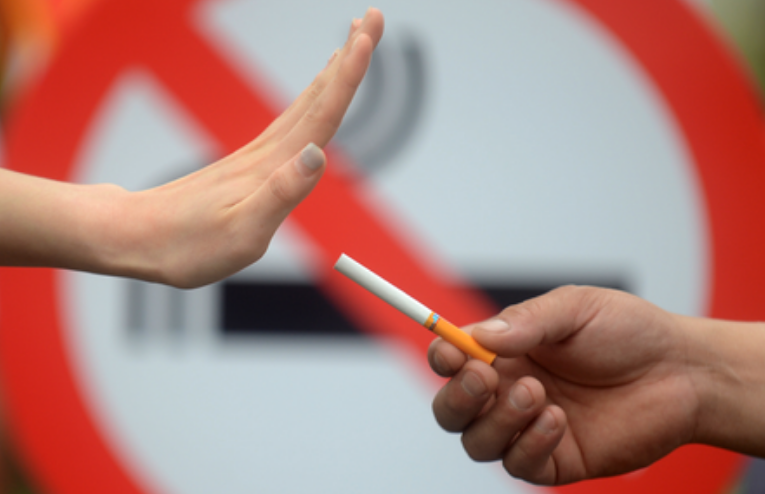Review Warns Youth Vaping Tied to Health Risks and Greater Likelihood of Smoking

LONDON– Young people who vape are significantly more likely to later start smoking cigarettes and face increased risks of respiratory and mental health problems, according to a sweeping international review.
The umbrella review, led by researchers at the University of York and the London School of Hygiene and Tropical Medicine, analyzed 56 systematic reviews covering 384 studies worldwide. Of those, 21 directly examined the link between e-cigarette use in youth and later cigarette smoking.
The findings, published in the journal Tobacco Control, revealed a “striking” pattern: teens and young adults who use e-cigarettes are not only more likely to start smoking, but also to smoke more frequently and intensely once they do.
The review also connected vaping with higher risks of respiratory illness, including asthma and worsening asthma symptoms, as well as substance use such as alcohol and marijuana. Other reported health problems included pneumonia, bronchitis, dizziness, headaches, migraines, reduced sperm counts, depression, and even suicidal thoughts.
The report comes as Britain enforces a ban on the sale and supply of disposable vapes — including nicotine-free versions — effective since June. The move follows data from the National Health Service (NHS) showing that nearly one in four children aged 11 to 15 had tried vaping, and about one in ten were regular users.
Another recent study from University College London found that long-term vaping in England rose sharply between 2013 and 2023, with the steepest increase among young adults. By 2019, the gap widened into a clear age divide: 22.7 percent of 18-year-olds reported long-term vaping compared with just 4.3 percent of 65-year-olds. While most long-term vapers had a history of smoking, researchers noted the habit was also growing among those who had never been regular smokers.
The NHS has described e-cigarettes as a popular tool to quit smoking and acknowledges they are less harmful than traditional cigarettes. Still, the health service cautions that vaping “is not completely risk-free.” (Source: IANS)






